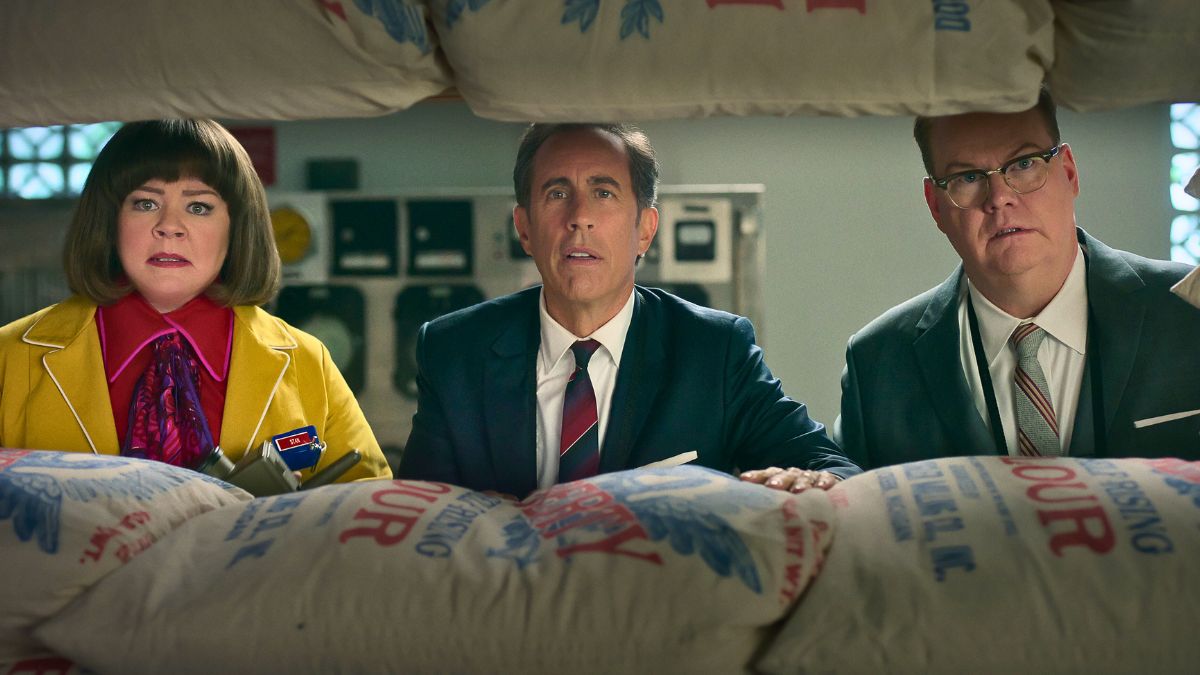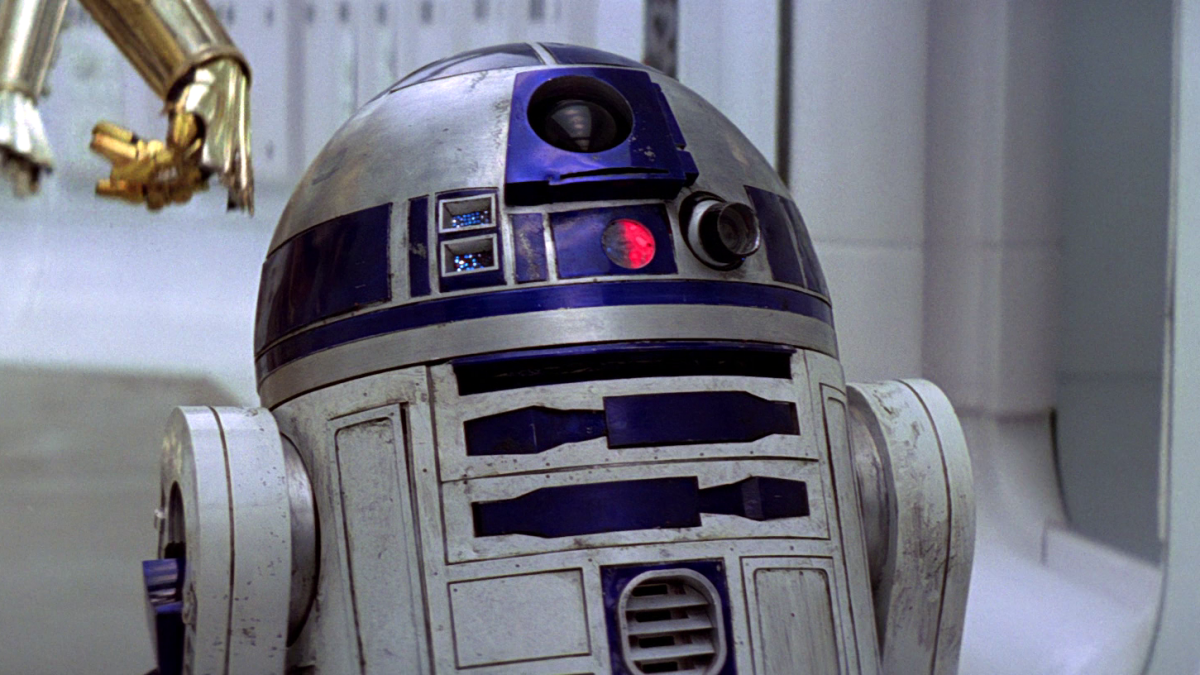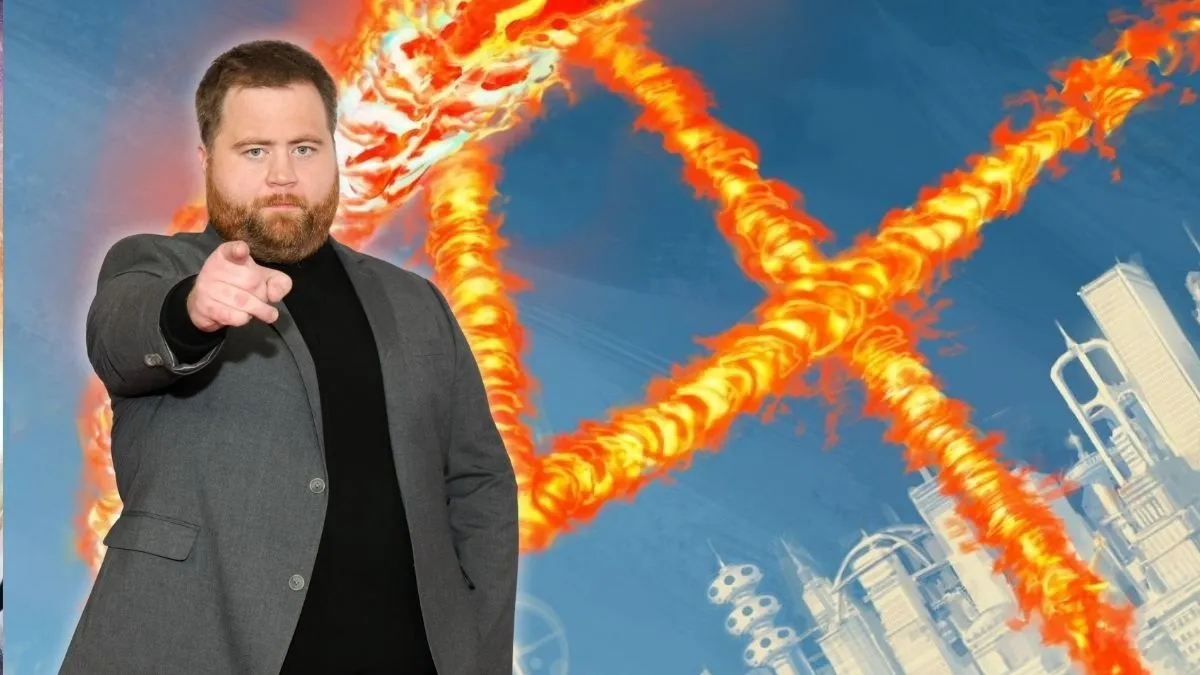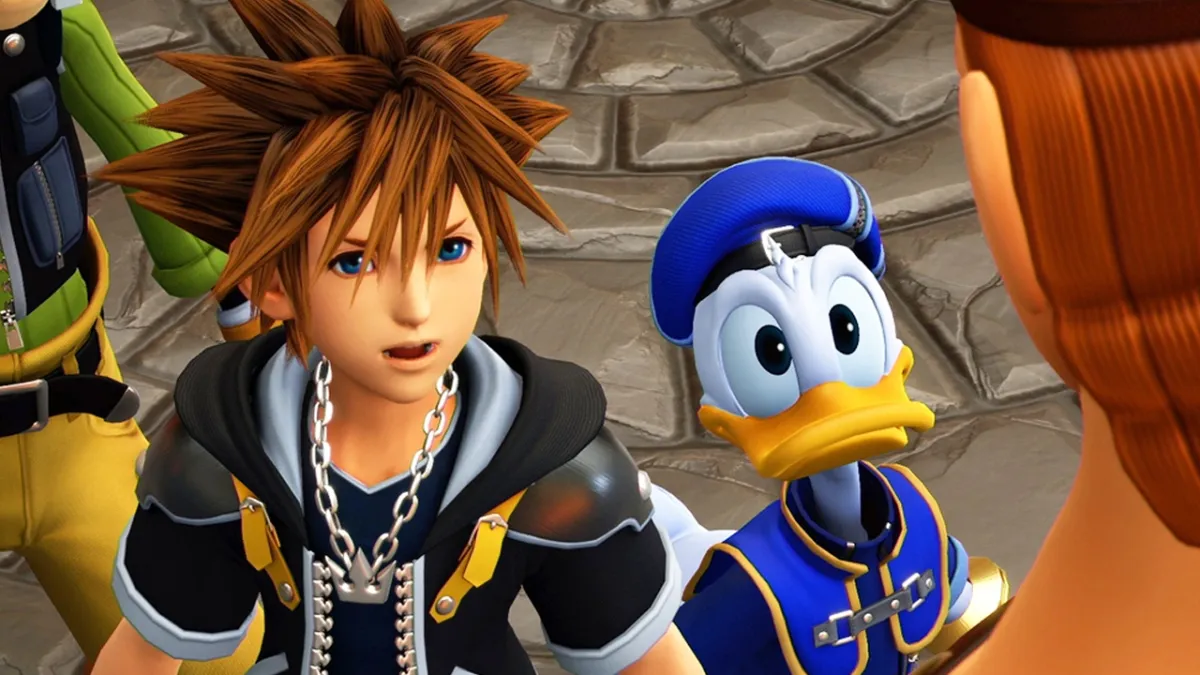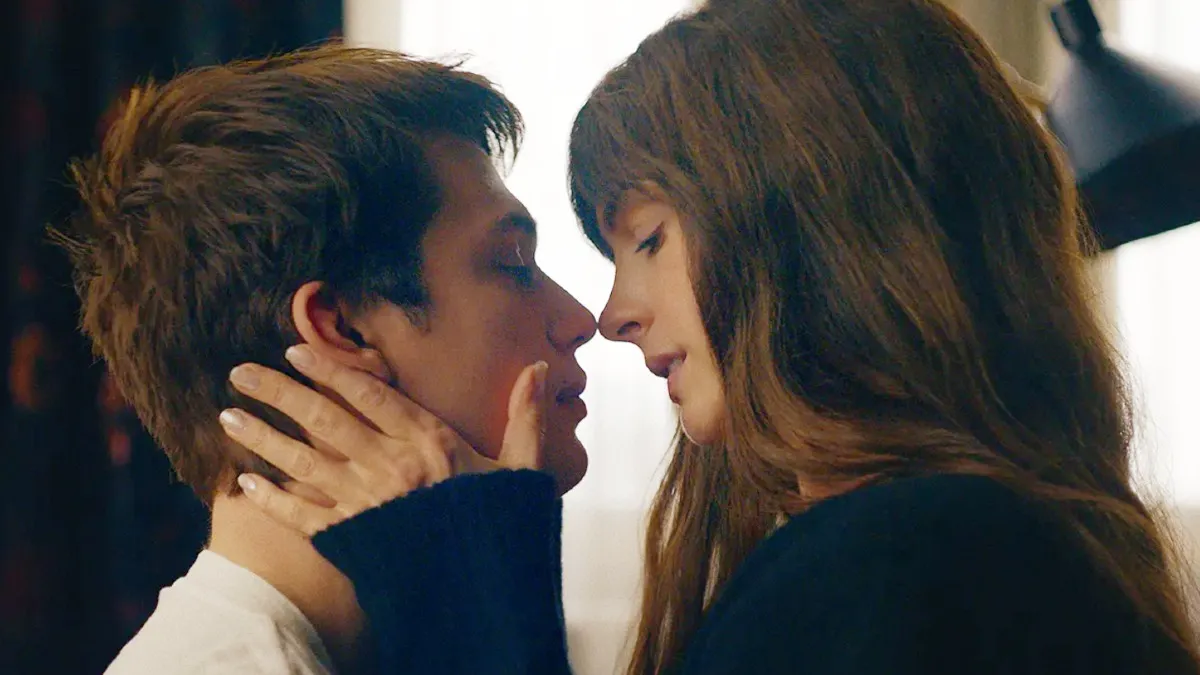Mike Flanagan’s Doctor Sleep is an ambitious sequel that rests on now hallmark auteur signatures, if to a fault. The “Hill House” architect proves himself one of the era’s most compassionate horror storytellers in the way his characters deal with empathy, addiction, and trauma – but Flanagan’s overall vision is hampered by Stanley Kubrick comparisons and Stephen King’s source novelization. Where Kubrick took King’s words and charted his own nightmare experience (much to King’s dismay), Flanagan seems slavishly dedicated to the source. The result? A swollen running time that scores some nostalgic wins, feels otherwise recycled, and loses grip of the larger original narrative while tossing in “Kingiverse” Easter Eggs until your basket runneth over.
Dan Torrance (Ewan McGregor), to no shock, harbors deep psychological wounds after his experience at the Overlook Hotel. Now an adult, he numbs his “Shining” with hopelessness and liquor. The thing is, Dan wants to better himself. One bus ride later and he’s under the care of a newfound friend and AA sponsor, Billy Freeman (Cliff Curtis), but this is also where he begins receiving telepathic messages from Abra Stone (Kyliegh Curran). The child’s shine abilities are so strong that she witnesses roaming quasi-immortals known as the True Knot – lead by Rose “The Hat” (Rebecca Ferguson) – who feed off the “steam” of another shining child. Can Dan embrace his stashed-away gifts, retain sobriety, and keep Abra safe when Rose senses the superpowered shiner?
Flanagan’s softest touches are his strongest. Creating poetic beauty out of morbid themes such as death, or tracking Dan’s alcohol reliance and subsequent redemption. Flanagan’s emphasis is on darkened themes rooted in human conditions versus monster cinema or, say, slasher villains. Doctor Sleep takes its sweet, sluggish time establishing Dan’s sloven New Jersey rut, chugging bottles of whiskey and stealing money from one-night stands (with children). Dan’s mental nurturing is not without substance(s), but beats redundant depressions into an obvious and well-beyond-noted state.
Horror doesn’t exist in ghosts popping around corners or bloody squeals, but lingering pains from experiences past. Greedy ghouls harvesting “steam” from screeching victims, or their translucent “cycling” as mortality regains its grip on Rose’s malnourished clan. An otherworldly duel between Abra and Rose within the confines of one’s mind does repurpose Flanagan’s gruesome “degloving” effect from Gerald’s Game, but terrorization is often of a troubled psyche. As “Knotters” (patent pending) convulse, their skeletal and muscular insides flashing visibility, it’s a nifty trick that never gets squeamish yet conveys the fears in passing over. Flanagan’s not lost these fantastical touches.
Rebecca Ferguson, as True Knot’s leader Rose “The Hat,” is a murderous “magician” who steals Doctor Sleep. An evil supernatural gypsy who boasts alluring charisma and exuded sexuality, hypnotic as a monster who “devours” special children. Be it her reading of “alright, bitch-child” or Rose’s realization that she’s met her match – coming to terms with being overpowered – Ferguson is only the most bewitching cult overlord. True Knot, themselves, are a pedestrian congregation of “shine suckers” there to hold Rose higher, as Ferguson wrestles with her kinds’ slow extinction or the existence of a “white whale” loaded with sustenance – consequently, if not handled, who could also eviscerate their entire camp.

The “magic” of Doctor Sleep is Flanagan’s mightiest weapon, as, for example, Rose uses her shine to fly across starlit night skies towards Abra’s home (out of body). Rose’s collective resembles this mean-streakin’ nomad vibe given they drain youthful lifeforces dry, but are still somehow whimsically twisted – but there’s SO MUCH movie outside Ferguson’s exquisite villainy.
Jacob Tremblay’s portrayal of Bradley Trevor is graphic without gore and a true snapshot of horror cinema, but upon exiting my local theater, I’d assumed Doctor Sleep‘s “R” rating had been downgraded to “PG-13” without notice. True Knot members read credit names like “Diesel Doug,” but you’d never know based on development. Abra’s communications with Dan and superhero origin story remind of Fast Color’s adolescent empowerment, yet “Shining” rules are undefined. At just over 150 minutes, Flanagan gets lost navigating the crossroads of honoring Kubrick’s defiance while simultaneously playing into King’s wishes – a connection that doesn’t exist.
What’s produced feels like a homogenized after-dark entry attempting to unite warring camps, as Flanagan’s opening numbers pick up with post-tragedy “Young Danny” (Roger Dale Floyd) and Wendy (Alex Essoe playing Shelley Duvall playing Wendy Torrance). Carl Lumbly appears as Dick Hallorann, the Overlook’s lone warm spirit, but Flanagan lacks the unsettling direness of Kubrick’s “ultimate horror” approach. It’s a plodding introduction that leads to McGregor’s baton-grab as middle-aged “Dan” and his hospice care nickname “Doctor Sleep” – which is underserviced despite Flanagan’s ability to approach death with sincerity. Dan goes through the motions of rock-bottom, admittance, and rebuilding in the name of Jack Torrance nonetheless, all before Abra’s inclusion. There’s a sustainability problem here, in that Flanagan’s desire to serve emotional beats becomes a burden.

Mind you, this is *also* before we reach Colorado’s Overlook Hotel, now abandoned and festering. Waiting to be woken up, where the final showdown between Rose, Abra, and Dan wages battle. Once again, Ferguson’s Celtic drawl reigns supreme as Flanagan walks a live clip-show of recreated Shining scenes (Danny’s tricycle pedaling, Room 237, hedge maze labyrinths, oh hey Jack). So quickly devolving into madness as a haunted house overtakes its latest victim, not to discredit McGregor’s commitment to portraying Dan’s encompassing arc. You’ll notice an attempt to “have it all,” accented by hints of sequel furtherment, remake retreading, both mixed with both King and Flanagan universe nods.
Doctor Sleep is a continuation with *tons* to say, but finds itself internally at odds for lengthy, exasperated stretches. Mike Flanagan’s ability to transform emotional demons into touching affirmations is not forgone – but this also isn’t the Flanagan who’s made me sob between scares. Proprietary pandering presents an issue that never emphatically allows for what I’ve come to label as Flanagan’s horror canon, nor does it successfully moderate creative stances that were never meant to synchronically jive. Highlights exist, and now I’m only attracted to females in top hats, but a singular vision never takes hold. Too expanded, punctually spectacular, but ultimately a sequel that never marries the multiple viewpoints Flanagan attempts to funnel into one bright-and-shiny afterlife lullaby.


